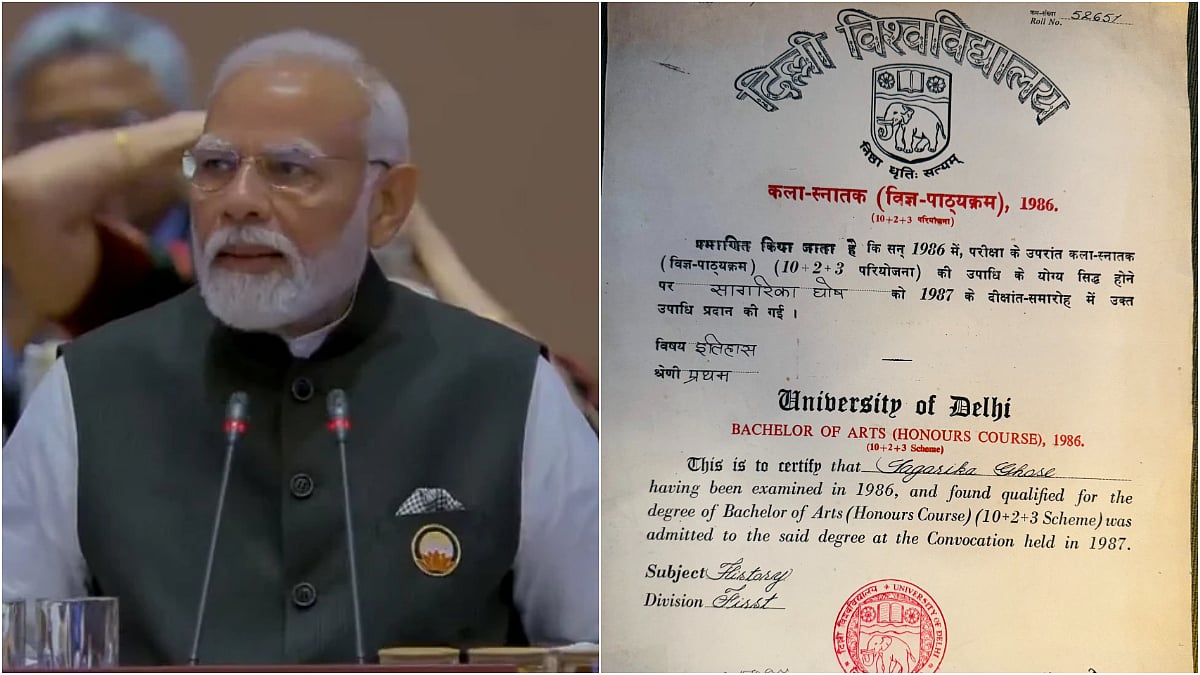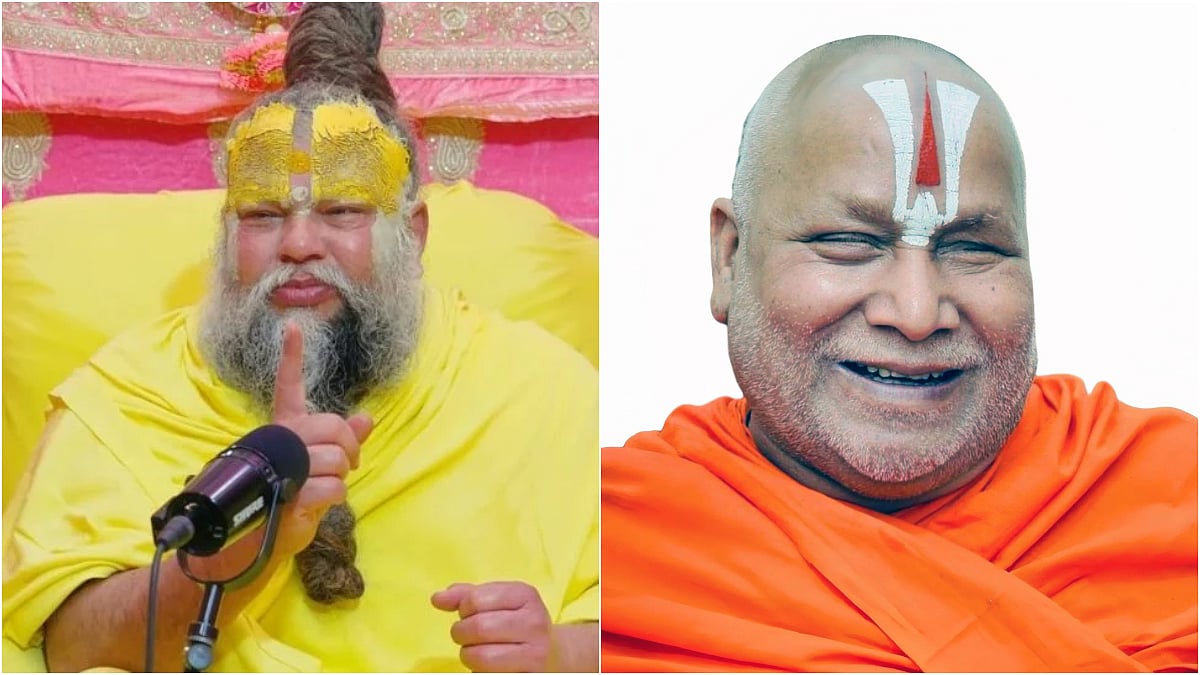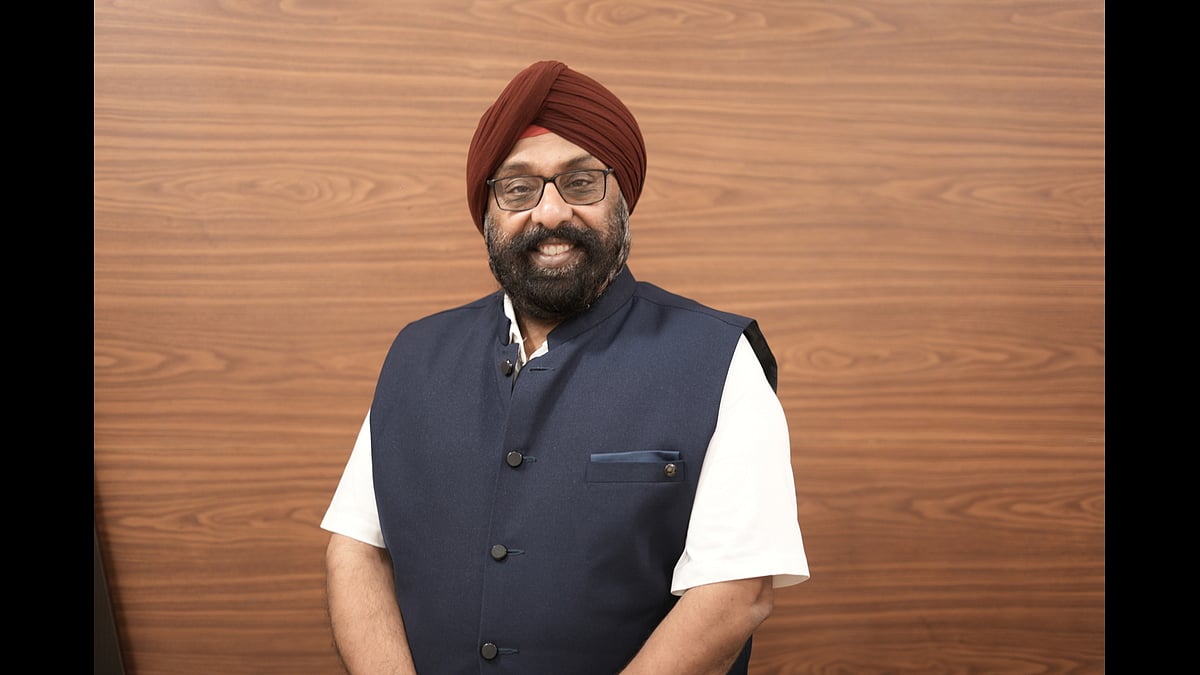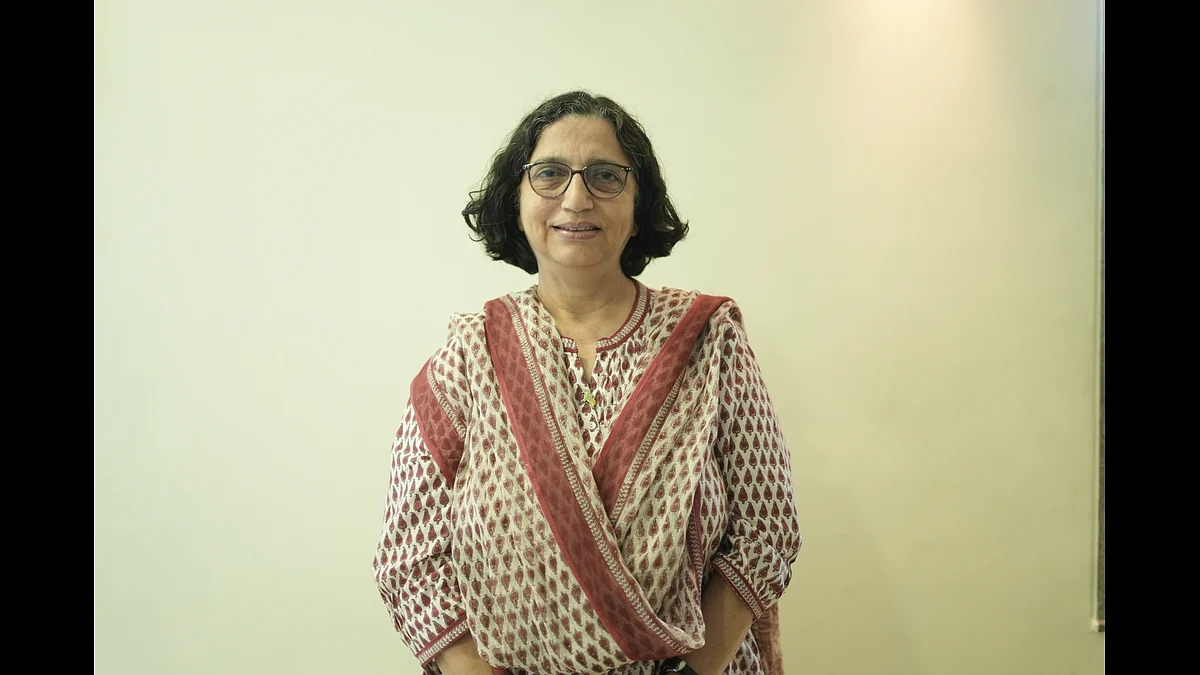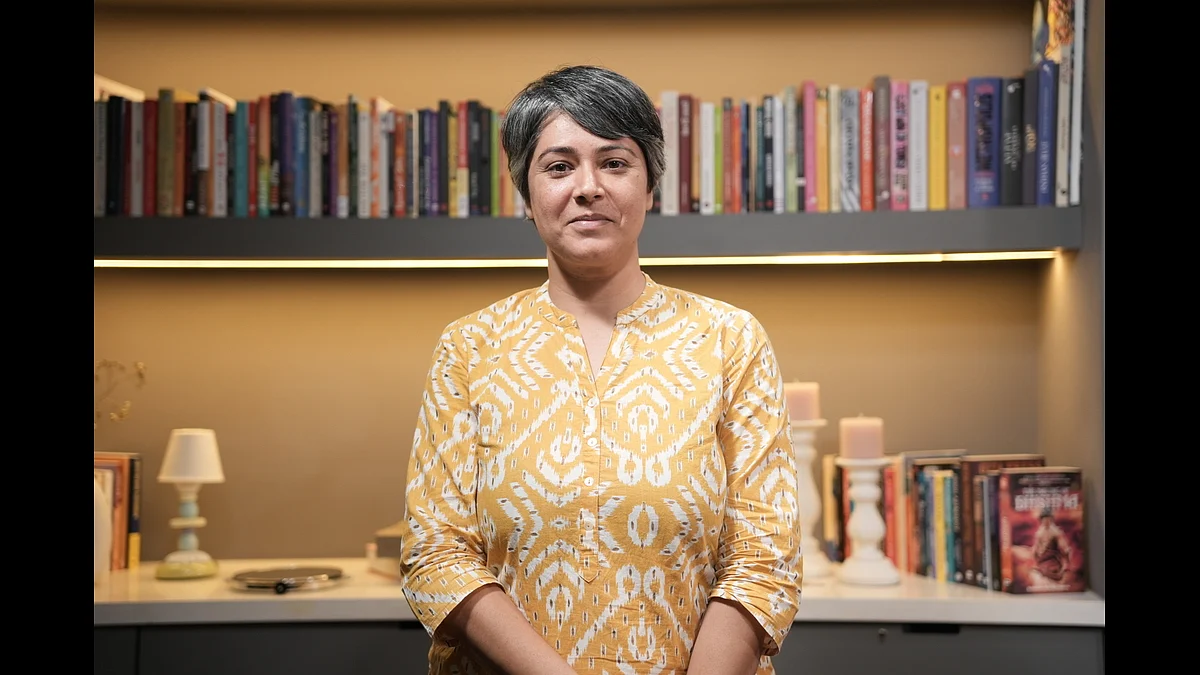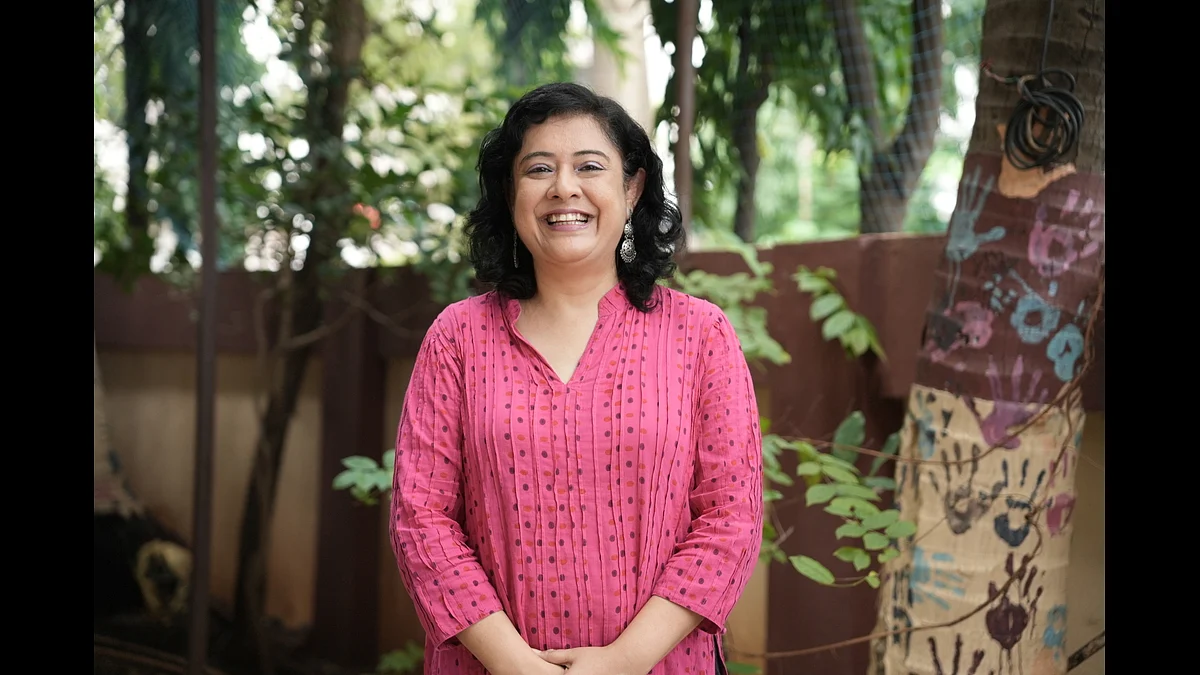In 2008, when India was celebrating the 60th year of independence, Paramjeet Singh and a few of his associates came across a news piece that left them startled. The article stated that approximately 6,000 people were dying due to hunger and malnourishment every day, even after six decades of freedom! “This amounted to almost 20 lakh people dying due to something that can be stopped. This is when we decided to do something about this as we found it appalling that people didn’t have nutritious meals and basic healthcare,” says Singh, co-founder of DBM India. Since then, the not-for-profit has worked consistently to educate, employ and empower.
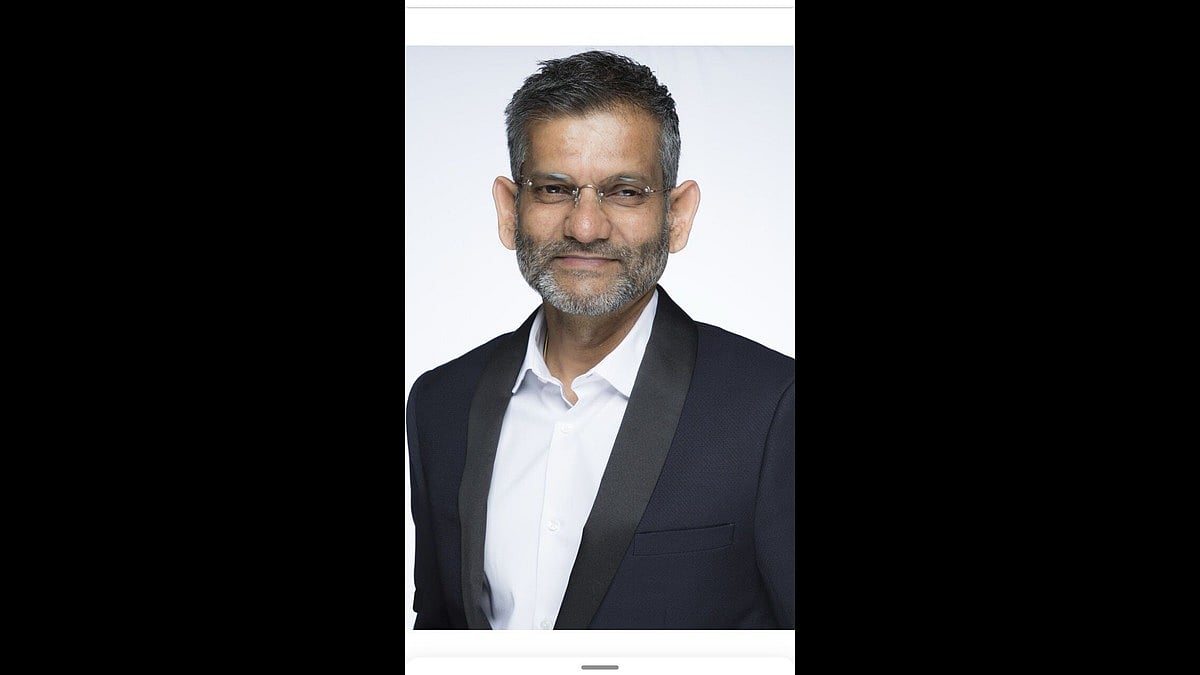
Dr Jaydeep Mirashi, Founder and Chairman, Hill Spring International School |
They started by feeding 50 children in the slums of M-East ward and the surrounding neighbourhoods namely Govandi, Chembur, Mankhurd, Trombay and Deonar. These are the poorest and by far the worst affected neighbourhoods in Mumbai in terms of Human Development Index. “The average lifespan of people from the slums in this ward is 39, while in the rest of the country it’s 74. This is mainly because they live around the dumping yard that releases toxins,” explains Singh on why they chose to work in these neighbourhoods.
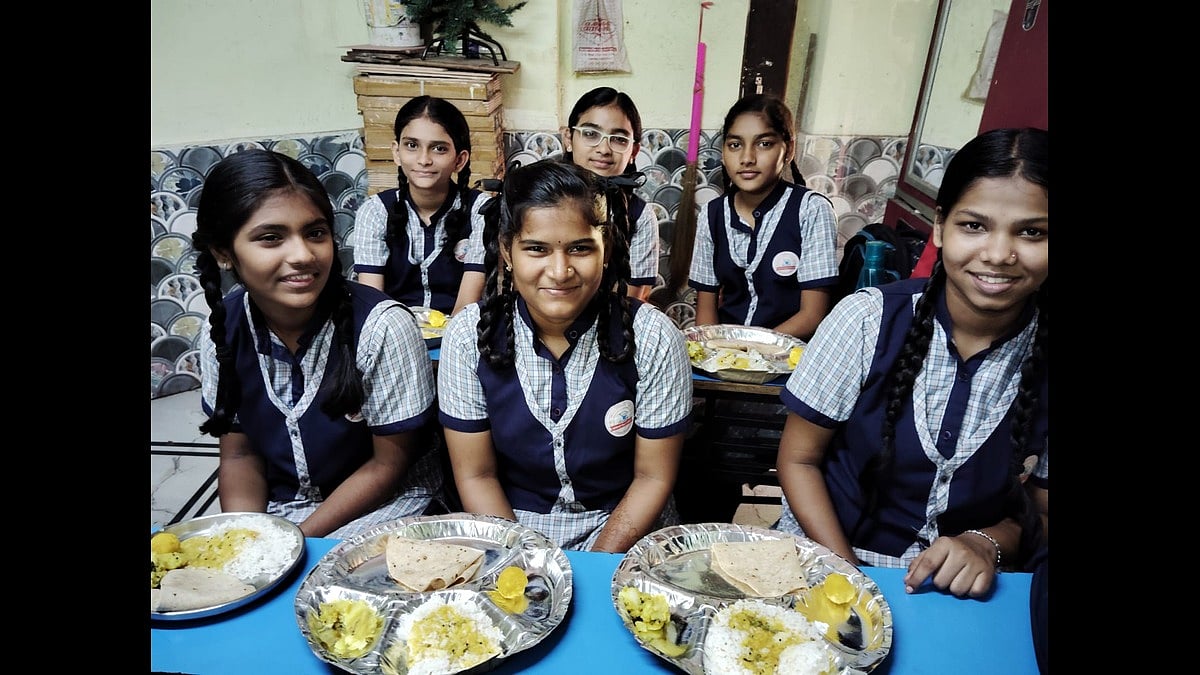
The NGO aims to educate, employ and empower |
Operating under the legal framework of Navasrushti International Trust, what began humbly with the provision of midday meals at one school with 50 children; today they have adopted 11 schools and feed 2,000 kids daily. The work has since expanded into a strong institution with its own infrastructure, offering education, healthcare, livelihood training, and job placements. “It became equally important to address the deeper, underlying issues that hinder overall progress and development. That’s why we came up with the tagline: education, employment, empowerment,” explains Singh, who is a former officer of the Indian Revenue Service.
In order to break the cycle of poverty and make the people independent, apart from taking care of their food and education, it was important to ensure they get employed. Hence, the NGO started offering a variety of vocational courses around nursing, beautician, computers, warehouse management and customer service, among others, in their six vocational centres.
To propel the students into the mainstream workforce, those who are keen and focused on pursuing knowledge and skills are adopted each year. 40 students from their 11 adopted schools are selected based on a test. The selected ones are given holistic grooming which includes, apart from regular academics, communication skills, English proficiency, career guidance and exposure visits.
“We have Udaan (educational) centres at Bandra and Deonar for this and the aim is that they match up to the level of the students from the rest of the city,” explains Singh. These consistent efforts have borne fruit and for the first time, the neighbourhood has seen its youth become an IAS officer, a chartered accountant, an engineer, and candidates successful in the Maharashtra Public Service Commission exams.
Dr Jaydeep Mirashi, Founder and Chairman, Hill Spring International School, shares, “Paramjeet Singh is a beacon of hope through his leadership at DBM, focusing on the transformative 3E model—Education, Employment, and Empowerment. His dedication has led to over 10 million meals provided and thousands receiving vocational training, which is especially vital during the COVID-19 crisis. He has created safe spaces for skill development in areas like Dharavi, emphasising empowering women and youth. His impactful work has earned him recognition as a changemaker on both global and national platforms, as he paves the way for sustainable change that will benefit future generations.”

.jpg)
